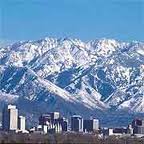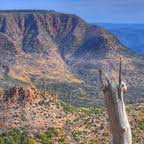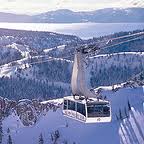Such species can be called, in the truth, of superdominant. Source: Caldwell Esselstyn Jr.. Vegetal species can become invaders or not, in accordance with the found ecological conditions, in way that they are not invading for definition. It can be spoken in different categorizaes, attempt to organize the terminology related to the different processes of invasion of vegetal species (RICHARDSON et al 2000, apud MATOS & PIVELLO, 2009), as it is verified below: ) Native species: species that evolved in the environment in question or that there it arrived at remote times, without interference human being; b) Exotic species: existing species in different environment of its place of origin, for action human being, either in deliberate or accidental way; c) Exotic Accidental: species is of its environment of origin, without the capacity of to form persistent population; d) Exotic Naturalized: species is of its environment of origin, capable to form persistent population and to coexist the native community without invading natural or antrpico ecosystem; e) Invader: exotic species in natural or antrpico ecosystem, that develops high taxes of growth, reproduction and dispersion; f) Plague: exotic or not, undesirable species in the place, normally for economic reasons; g) Superdominante: native species that if it holds as invading, by means of ambient disequilibrium. 1.2 Some Specific Cases Despite the man is a fruit of the nature and if classify between the mammals, without a doubt it is not more integrant of this nature, being able to be considered a force to the part. This if evidences particularly in the relations between the man and the plants. It is not I exaggerate to affirm that the man governs the plants. For some plants, also, the existence of the man allowed the sprouting or until the one survival specific vegetable. The modern maize, for example, only appeared after crossings between wild species for indians of America has about seven a thousand years.
5 Jan 22



